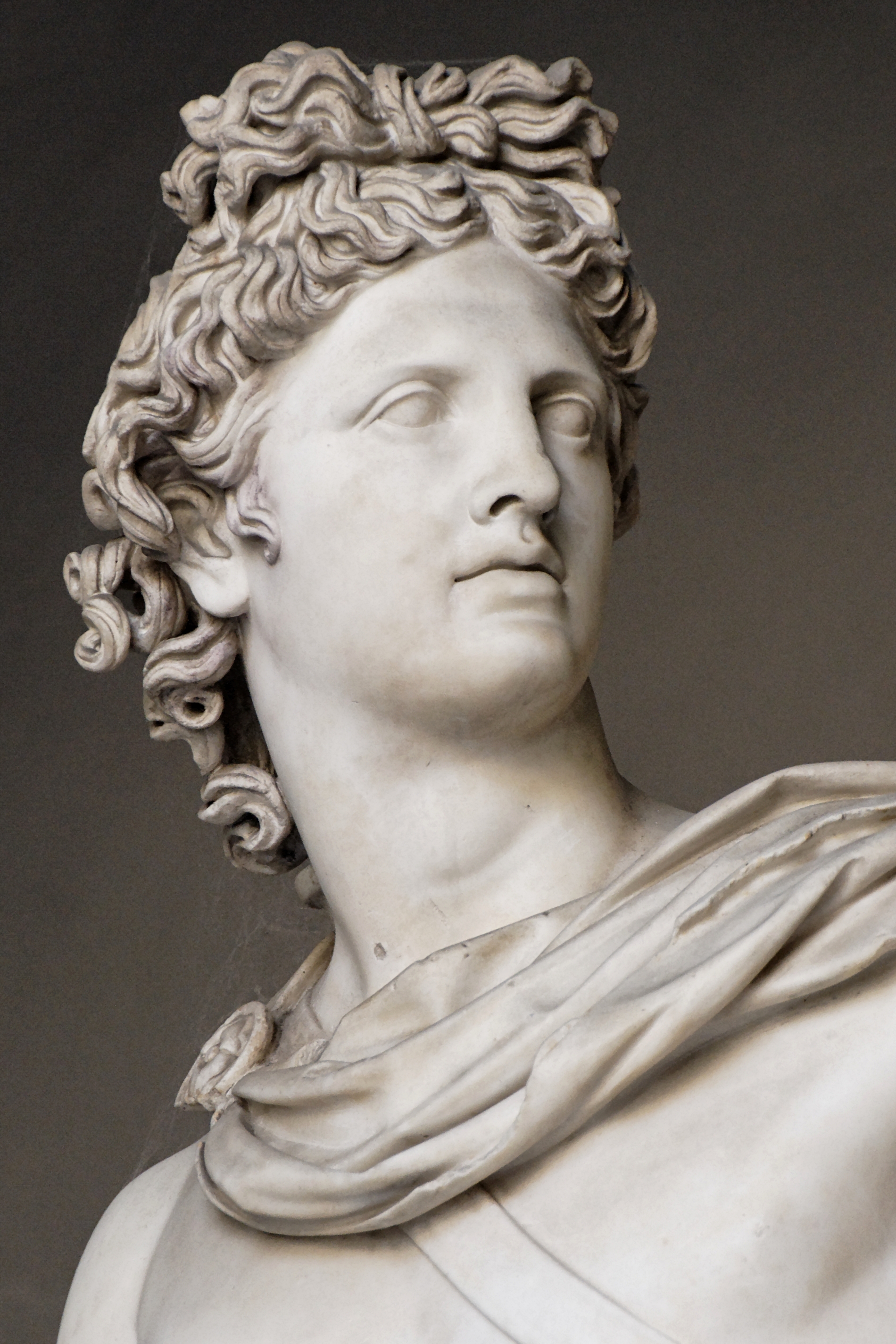Wikipedia Trails: From Apollo to Langar
I started off the Wikipedia trail with Apollo. I was curious to learn more about Apollo because I was going to use him as one of the characters for my story this week and wanted to know more information about him. However, I ended up scrapping that story but still wanted to read more about him. Apollo is one of the most important and complex of the Olympian gods and goddesses in Greek and Roman mythology. He is the son of Zeus and Leto and has a twin named Artemis. He is associated with archery, music and dance. He is also associated with medicine and healing, however he can also bring ill-health and plague with his arrow.
From the Apollo article, I went to the hecatomb article. A hecatomb was a sacrifice to the gods of 100 cattle. However, later on it came to mean the a large number of sacrifice of any kind of animal. They were offered to the Greek gods Hera, Athena, and Apollo during special religious ceremonies. At the end of the Olympic Games, they were also offered to Zeus at Olympia. I was curious about what a hetacomb was because I thought it would be some kind of tomb but it ended up being something completely different.
The next article I went to was Samuel Butler. Butler was the author of the utopian novel Erewhon. He examined Christian orthodoxy, evolutionary thought. He also made prose translations of the Iliad and Odyssey. I was curious about him because I forgot who the author of the Iliad version I read was and I thought it was him.
Lastly, I ended up on the article about Langar. Langar is an English village about four miles south of Bingham in the Rushcliffe borough of Nottinghamshire. It is a small village with a population of under 1000 people. I was curious about this because I have an interest in towns and cities in England, especially the small, cozy looking villages that you would read about in books or see in movies.


Comments
Post a Comment